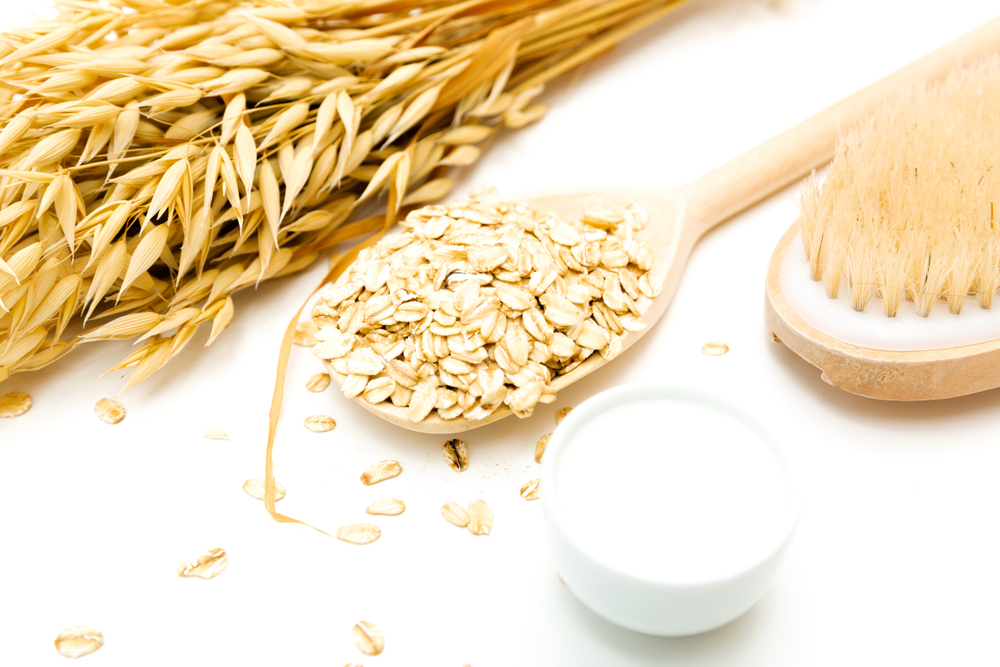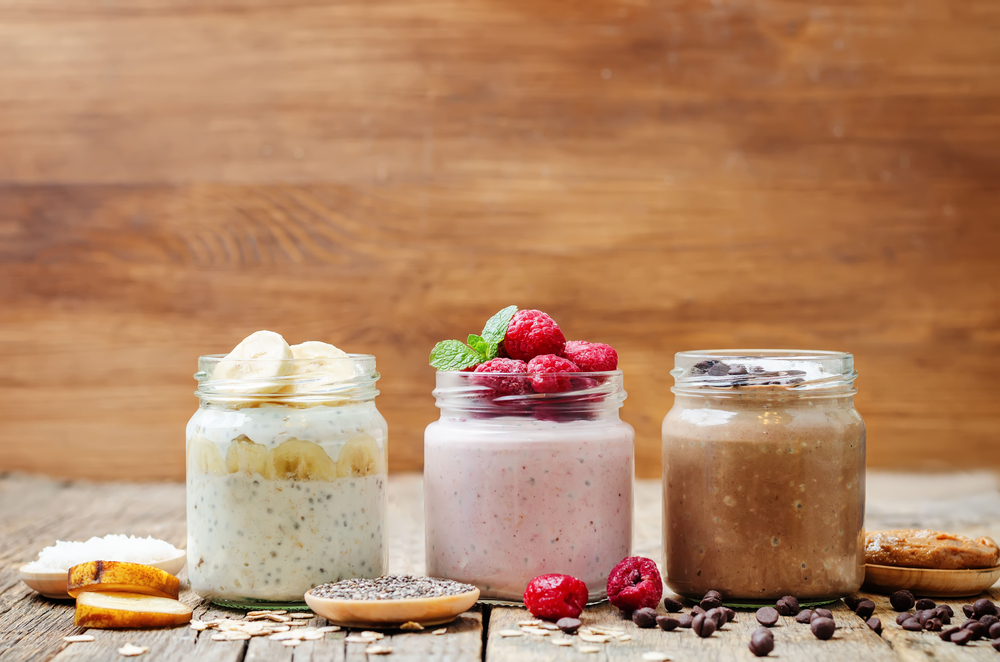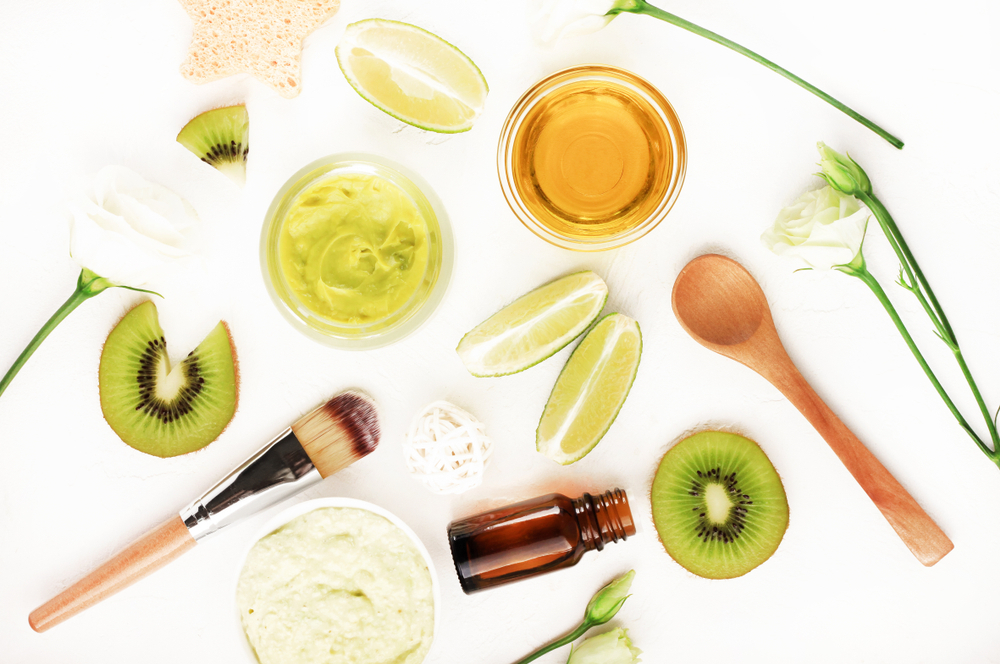1. Sunshine can turn your bad day around
Soaking up some rays can brighten your day — literally and figuratively. This is because exposure to sunlight triggers a boost in serotonin, one of your brain's "feel-good" chemicals.
Low serotonin levels are thought to play a key role in depression, especially the kind that tends to hit during winter, when sunlight is scarce. On top of that, research shows that people who spend more time outside have higher levels of this "happy" neurotransmitter. So, if you're feeling blue, head outside to maximize the relationship between sun and serotonin!
2. It helps you produce an important nutrient
It's not uncommon to have low vitamin D levels; many people do. But that can be a problem, considering vitamin D is a key component in keeping bones healthy and strong thanks to its role in absorbing calcium and phosphorus. What's more, the nutrient may also be involved in maintaining a healthy immune system and proper muscle function — two factors that should be pretty important to anyone with an active lifestyle.
Conveniently, one reason sunshine is so helpful is its ability to initiate a reaction within the body that triggers vitamin D production. While you can get vitamin D through certain types of food like salmon, tuna, egg yolks, cheese and fortified milk, most people don't include enough of this nutrient in their diet alone. So, make time for yourself to get acquainted with an inviting patch of sunlight — all in the name of better health, of course!
3. You may sleep better after some time in the sun
You can compare winter naps and summer naps all you want, but there's no real competition. There's just something magical about winding down a hot day spent in the sun with a cool nap, and researchers may have picked up on why.
You're probably familiar with circadian rhythms. They essentially run your body's internal clock, telling you when it's time to wake up and go to sleep. Our circadian rhythms are based on the sun — but since most of us spend our evenings scrolling through brightly lit screens, we're exposed to light much later in the day than our ancestors were.
Luckily, serotonin is involved in the production of another hormone that influences our sleep: melatonin. When serotonin levels in our bodies are just right, there's a greater likelihood that melatonin will be too, which means better shut-eye (and possibly even a healthier body weight)! For the best effects, try combining time in the sun with exercise.
4. Sunshine can make your skin glow — and not from a tan
Yes, really. We often think about how the sun can damage skin, but for people with certain skin conditions, the sun can actually be a kind of medicine. For instance, psoriasis and eczema cause rashes and lesions, and UV light can help the healing process along.
But even for those who don't have specific skin issues, taking in a few UV rays may give you a healthy glow. Research shows that sunshine can lower blood pressure and improve heart health — and the more you nourish your body, the better it will look!
Great skin may have a massive impact on your outward appearance, but it starts from within. Moderate sun exposure is associated with all kinds of health benefits, so don't be afraid to enjoy the benefits of the sun. As long as you're smart about how (and when) you catch some rays, you can safely look forward to whatever tomorrow's sunrise brings your way.




